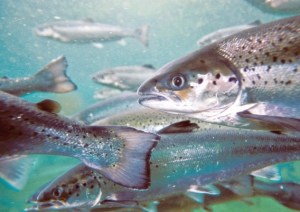On October 1st, representatives of the Coalition for the Protection of PEI Water made a presentation to the Standing Committee on Natural Resources and Environmental Sustainability, in relation to the draft regulations for the Water Act, the cluster concerned with extraction of water, including high capacity wells for irrigation.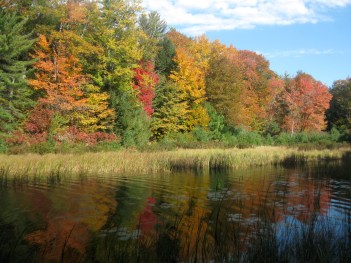
The Legislative Standing Committee information is here:
Catherine O’Brien, chair, Andrew Lush, Don Mazer, Ann Wheatley and Gary Schneider commented on the Water Act, public process, the current issue of high capacity wells for agriculture, and how the draft set of regulations could be improved.
One of the purposes of this meeting and others in this fall is for the current committee members to understand where the draft regulations are, and be ready for any additional drafts. They also write a report to the Legislature for the Fall Sitting, which should start in November after Remembrance Day. Audio and video recordings can be found on the following website:
Here are the concluding remarks by Gary Schneider, which were followed by a lengthy discussion with members of the standing committee.
“The summary of the Water Act said that its goals and purposes were to ensure that “quality, quantity, allocation, conservation and protection of water is managed in the interest of common good which includes ecosystems.” We are asking the Standing Committee to follow this direction and act in the best interest of everyone and everything that lives on this Island. Islanders are once again at a crossroads. We can be ever more committed to an industrial model of agriculture, with more water usage, larger fields, less and less soil organic matter, fewer windbreaks, continuing fish kills and anoxic conditions, fewer farmers on larger acreages, and a small number of jobs created per acre. Or we can look at truly becoming the Garden of the Gulf, with excellent drinking water, food security, and tremendous employment opportunities (as our organic growers and innovative small farmers have demonstrated throughout the pandemic). All Islanders would live in a healthy environment that continued to improve, and we would become a haven for tourists looking for a healthy, beautiful, and foody place to visit. Wouldn’t it be wonderful to be able to say we are Canada’s Food Island without having dead fish in the water? And, especially in an era of escalating climate change, it is good for all of us to remember that no one, and nothing, lives without clean water.”
And you can read all of the presentations here: Presentation to the Prince Edward Island Legislative Committee on Natural Resources and Sustainability by the Coalition for the Protection of PEI Water
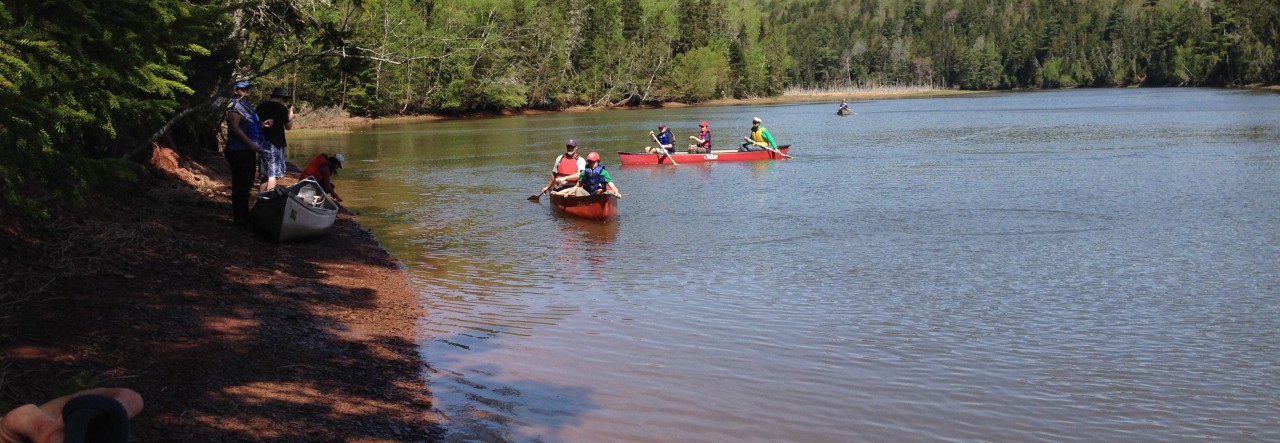



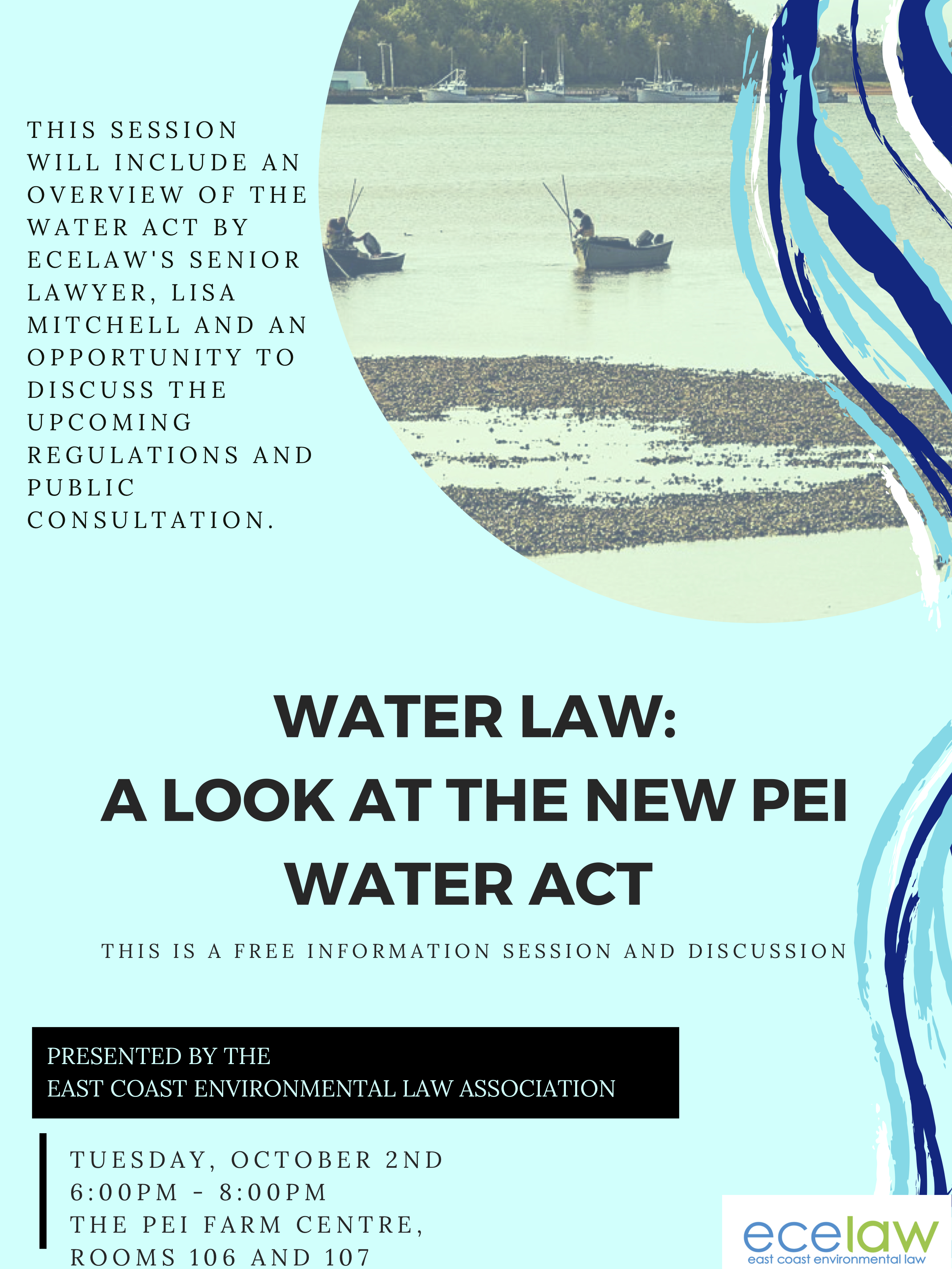

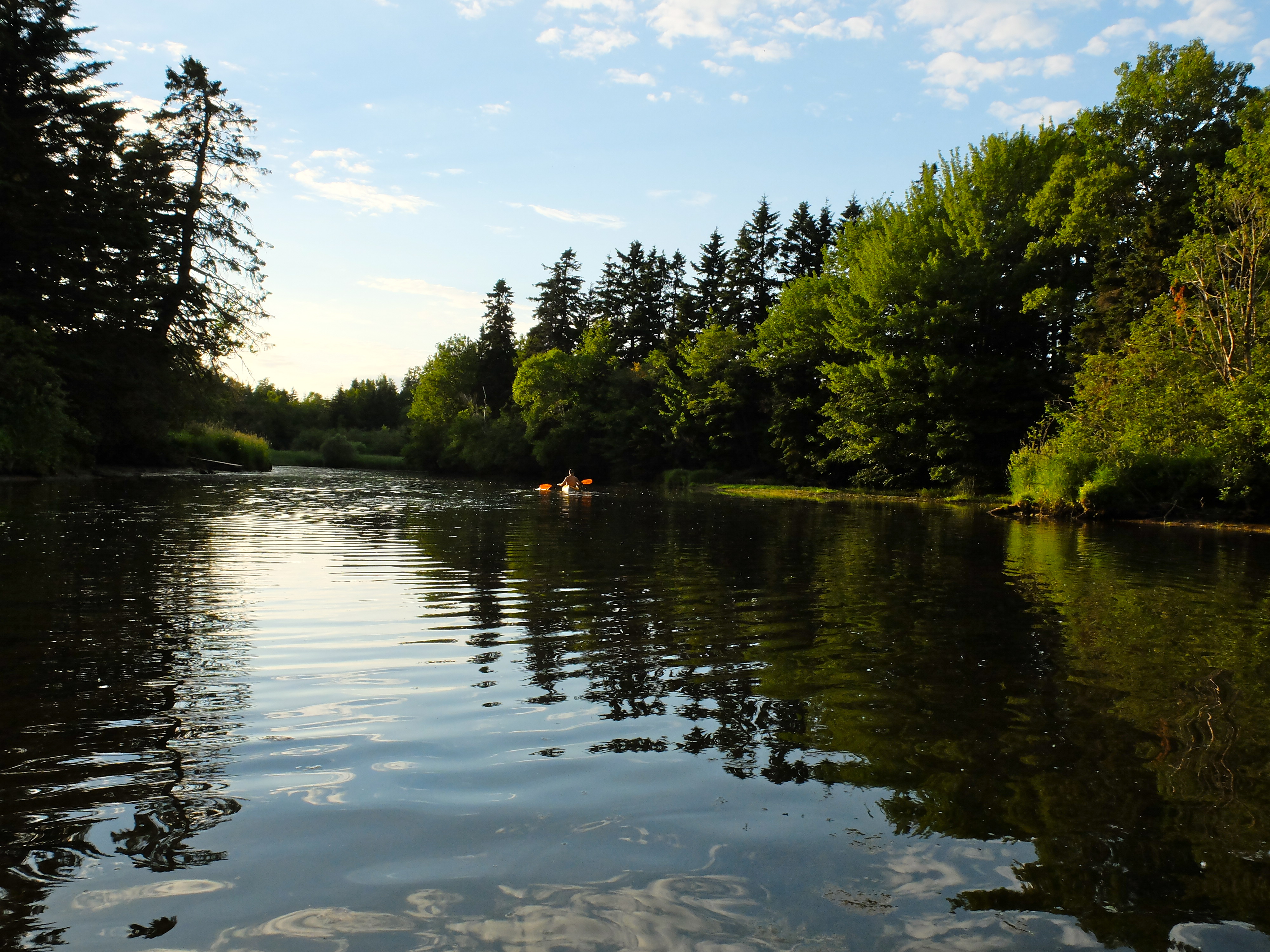 s by following this link:
s by following this link: 